Carleton University acknowledges the location of its campus on the unceded territory of the Algonquin Nation. In doing so, Carleton acknowledges it has a responsibility to the Algonquin Peoples and a responsibility to adhere to Algonquin cultural protocols.
Carleton’s School of Journalism and Communication also recognizes the Truth and Reconciliation Commission’s Call to Action #86 calls on journalists and journalism schools to better educate themselves on Indigenous Peoples and issues.
With these responsibilities in mind, the School is taking exciting new steps toward including more Indigenous content in our curricula and creating innovative distance-learning journalism education tailored to the needs of Indigenous learners.
Journalism in Indigenous Communities Certificate (JIICC)
Carleton’s School of Journalism and Communication is working to create a one-year Journalism in Indigenous Communities Certificate (JIICC), aimed at reaching remote Indigenous learners in the province of Ontario. Courses will be taught primarily online, bolstered by in-person intensives at a central location.
The School is collaborating with two of Ontario’s Indigenous Institutes – First Nations Technical Institute and Kenjgewin Teg – to develop a braided learning experience, ensuring every learner has adequate social and cultural support for successful completion of the JIICC.
The JIICC will offer a suite of Carleton University micro-credentials, which may include:
- Fundamental skills of reporting
- Writing for media
- Audio storytelling
- Visual storytelling
- Entrepreneurial journalism
Indigenous pedagogy will be central to course design, with an emphasis on experiential learning. Instruction in the JIICC will be delivered by Indigenous journalists, hired by the School of Journalism, with teacher training support offered by Carleton’s Teaching and Learning Services.
For students interested in pursuing journalism further or university admission, we anticipate the JIICC will be a pathway to advanced standing directly into the second year of the journalism program at Carleton University in Ottawa.
Anishinaabe journalist and Carleton professor Duncan McCue will lead the development of the JIICC, with an anticipated launch in August 2025.
Connect With Us
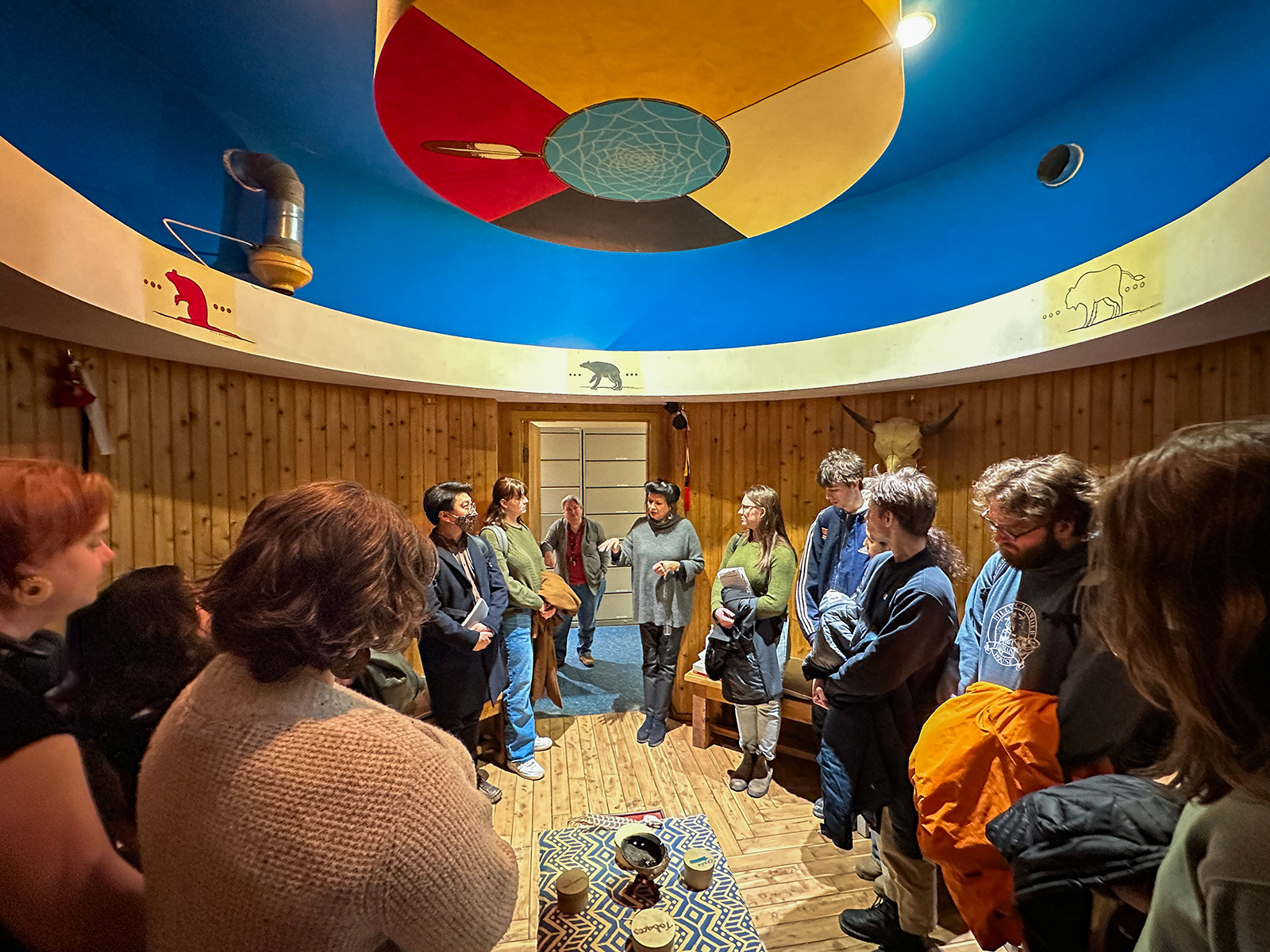
Reporting in Indigenous Communities (RIIC) Course
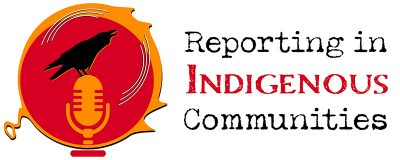
In addition to developing the JIICC, Professor McCue launched an innovative experiential learning course called Reporting in Indigenous Communities (RIIC) in January 2024.
To improve how the journalists of tomorrow approach Indigenous issues, the RIIC course introduces journalism students to the Indigenous territory they inhabit while studying in Ottawa and guides them in building productive journalistic relationships with Indigenous communities.
Students are assigned in teams of three or four to cover Indigenous communities (First Nations, Métis, and Inuit) in the city of Ottawa and Ottawa Valley region. The Algonquins of Pikwàkanagàn First Nation, the Mohawk Nation of Akwesasne, and Kitigan Zibi Anishinabeg First Nation are all supporting the course as community partners.
Students are responsible for researching and producing an enterprise news story with multimedia elements. At the end of term, the students produce a website to showcase their stories.
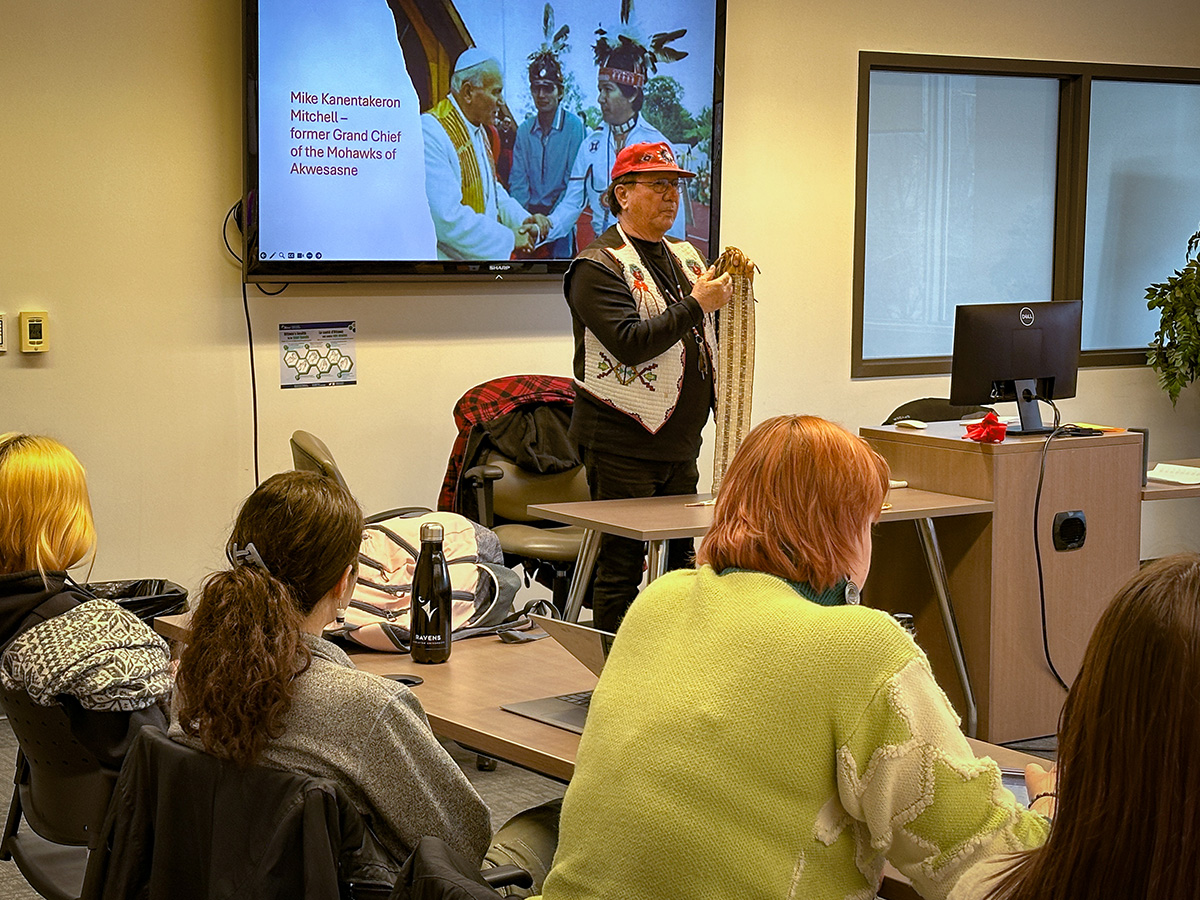
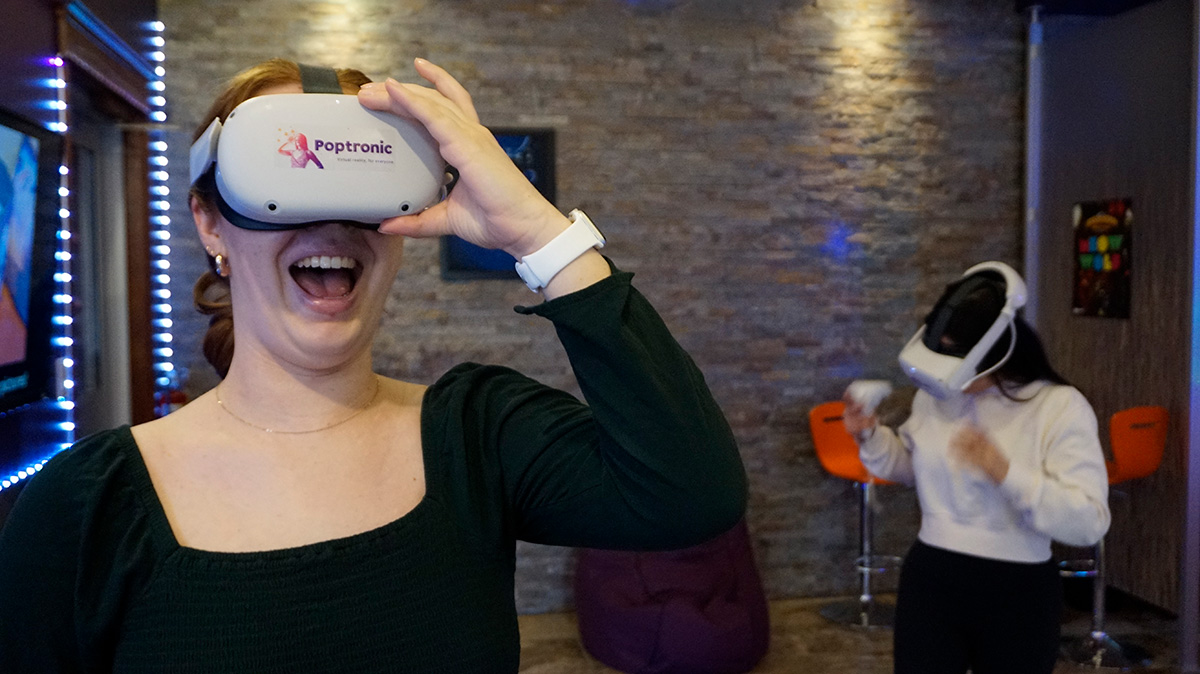
Journalism Through an Indigenous Lens
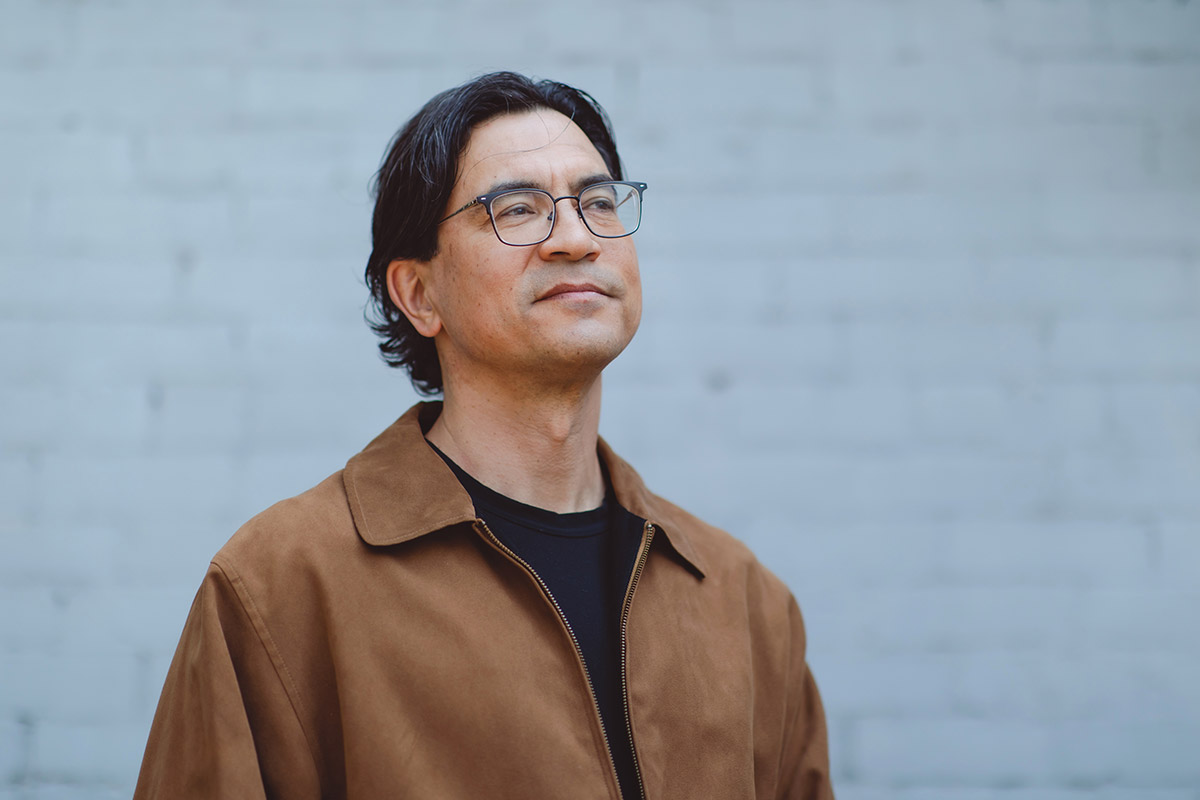
Duncan McCue, an award-winning CBC broadcaster and leading advocate for fostering the connection between journalism and Indigenous communities, took up a new tenure track position as an Associate Professor, specializing in Indigenous Journalism and (Story)telling, at Carleton University’s School of Journalism and Communication in 2023.
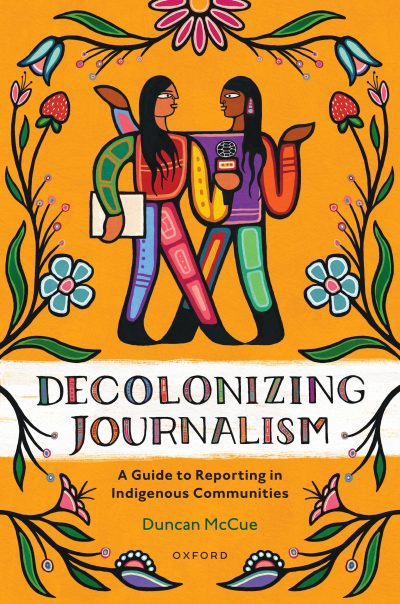
Duncan McCue’s latest book is called Decolonizing Journalism: A Guide to Reporting in Indigenous Communities.
McCue joined Carleton after a celebrated 25-year broadcasting career with CBC News. He was the driving force behind Kuper Island, an award-winning eight-part podcast series on residential schools. In addition to hosting CBC Radio One’s Cross Country Checkup and Helluva Story, he was a longstanding correspondent for CBC-TV’s flagship news show, The National. McCue continues to maintain an association with CBC since joining Carleton.
McCue comes to Carleton with extensive experience as an educator, having taught journalism and created courses at the UBC Graduate School of Journalism and Toronto Metropolitan University and also as a visiting fellow at Carleton. In 2023, the Canadian Association of Journalists presented McCue with its highest honour, the Charles Bury Award, for his “efforts to inspire change in how Canadian journalism covers Indigenous stories.”
Over the years he developed a unique online resource, Reporting in Indigenous Communities, which inspired his latest work, a new textbook called Decolonizing Journalism: A Guide to Reporting in Indigenous Communities.
McCue is Anishinaabe, a member of the Chippewas of Georgina Island First Nation in southern Ontario.
Indigenous Initiatives at Carleton
Carleton University is situated within the unceded traditional territory of the Algonquin people and supports First Nations, Métis and Inuit students from across Canada. Following the release of the Truth and Reconciliation Commission’s Final Report in 2015, many post-secondary institutions worked to revitalize, support and bring Indigenous learners and Indigenous knowledges into classrooms. In October 2018, Carleton joined this collective movement and formed the Carleton University Strategic Indigenous Initiatives Committee (CUSIIC), which published the Kinàmàgawin Report in 2020.
Kinàmàgawin includes 41 Carleton-specific Calls to Action that encompass an overarching goal of making the Carleton campus a safer space for current and future Indigenous students, staff and faculty members.
In 2022, Carleton issued the Kinàmàgawin Progress Report, showcasing a monumental collective effort across the university to further the goals of the initial Kinàmàgawin report. These actions have been complemented by a $2.5 million donation from the Joyce Family Foundation—matched by an additional $2.5 million from the university—which has allowed us to mobilize many of our intentions.
This progress report reinforces our commitment to continuing to make progress on the work that remains to be done. The full implementation of the 41 Kinàmàgawin calls to action will support positive long-term change at Carleton, and we all have a role to play.